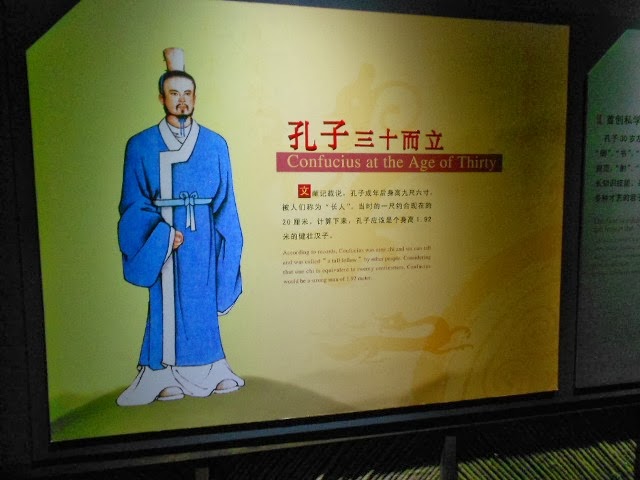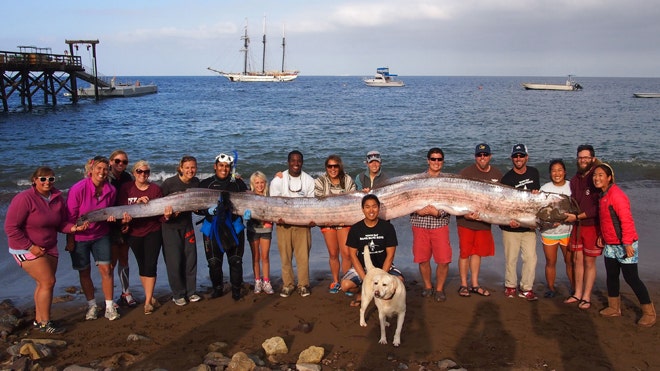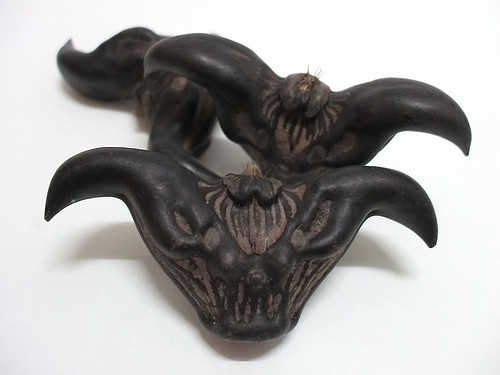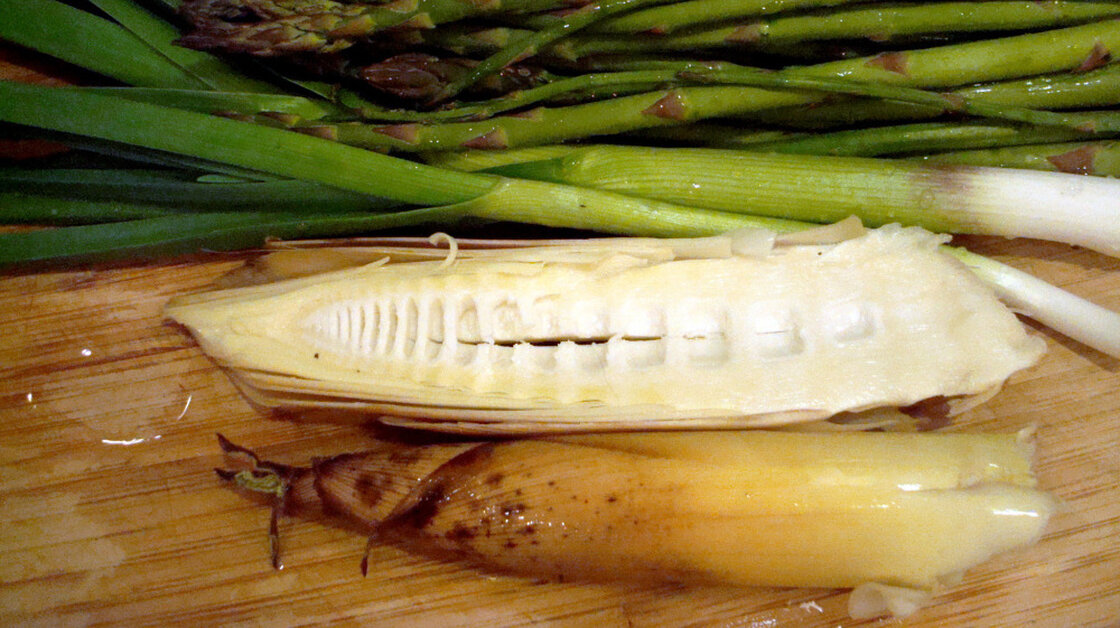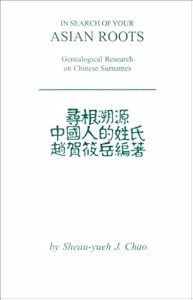This is a new crest that I have designed for myself:
Lightning bolt (upper left, outside): Benjamin Franklin, who was author of an
essay on farting, is also quite famous for his kite experiment involving lightning. He is the polymath and polyglot who I hold in highest regard. I was deeply affected by lightning near Lake Monsan in Quebec in 1996 so this
strikes me as a fitting symbol to add to my emblem replete with its arrowhead-shaped tip associated with Greek mythology.
Clothespin (upper right, outside): Hundreds of patents exist as mankind has sought to perfect something of such grace and practicality that is quite nearly perfect already, like the Holy Grail. It represents a paradox: it shall never attain the level of utility which its tinkerers seek for it unless employed more widely in all households.
The clothes peg, in British parlance, is a symbol of frugality and operates as an obvious badge of my life work with Project Laundry List.
Shield: The shapely shield used in the crest is bodacious and elegant, combining the noble with the proletarian.
Inscribed Cross: The Cross is a Christian symbol and, accordingly, for me it is a fitting way to divide the field.
The engraved Simplified Chinese characters, meaning "The Middle Way" or in latin via media, are 中间道路. I chose Simplified Chinese over the more elaborate Traditional script because this convention, along with the adoption of pinyin, allowed a very high rate of literacy to be achieved in China. As a nod to the ancient, I have employed the vertical presentation of characters. I like that it is four characters in length
"The Middle Way" was a term John Henry Newman of the Oxford Movement defended in a famous series of lectures when he was an Anglican (Episcopalian), but which he rejected later, claiming,
For a mere sentence, the words of Saint Augustine, struck me with a power which I never had felt from any words before... 'Securus judicat orbis terrarum!' ["the verdict of the world is conclusive"] By those great words of the ancient Father, interpreting and summing up the long and varied course of ecclesiastical history, the theology of the Via Media was absolutely pulverized. (Apologia, part 5)
The crest speaks to the fallibility of human knowledge juxtaposed against God's infallible Way.
The creation of this crest in the wake of the public unveiling of the
Oxford Consensus this week does imbue the calligraphy with a current, powerful meaning. Furthermore, as an Episcopalian who was confirmed Catholic at age 22, I attribute my conversion to Newman, in part, and partially to the powerful writings of the Cistercian friar Thomas Merton, a Catholic convert from Anglicanism who pioneered dialogue with prominent Asian spiritual figures, including the Dalai Lama, the Japanese writer D.T. Suzuki, and the Vietnamese monk Thich Nhat Hanh.
N.B. In this day and age, the Chinese characters meaning The Middle Way (中间道路) are exploited by His Holiness the 14th Dalai Lama, Tenzin Gyatso, for
political purposes. I am not in the habit of publicly pulverizing others beliefs, though that could be done with some alacrity, nor am I in a geographical position to opine on this topic so I wish to distance myself from those who might thus read into their inclusion.
Canada Lynx (upper right, inside): Born in the Chinese Zodiac Year of the Tiger, I chose instead a North American predator (Lynx canadensis) known for its ferocity and beauty. I have regarded this animal in highest esteem among felines for many years. As with the wolverine, I hope to observe one safely in the wild someday. It stands for my hopes.
N.B. It is my pet peeve that some people refer to the Canada goose as a Canadian goose. I regard the mislabeling of this cat in like manner as an equally egregious solecism.
Common Loon, Cattails and Lotus (upper left, inside): The Common Loon (Gavia immer) is my totem. Its eerie, lonely cry carry me to a place of tranquility. This image also incorporates cattails and a lotus flower.
My initial confusion coupled with ignorance allowed me to wonder if the Ark of the Covenant was like Noah's Ark, a question I posed to my more Harrison Ford-savvy trippers on the day that I was both reading about these arks and was struck by lightning while photographing a presumably non-Covenantial rainbow. Some time later, I jumbled the cat o' nine tails used for punishment in the Royal Navy with the pervasive swampland reed, sometimes called catninetail. My first cousin once-removed and the son of a favorite great aunt was the youngest man ever made captain in the Royal Navy. As a descendant of the
Mayflower passenger
Stephen Hopkins, believed by some historians to have also been the mutineer in Shakespeare's
The Tempest. Hopkins is said to have shipwrecked in Bermuda in 1607 and the play to have come out of this tragedy. It seemed like a motif that would encapsulate maternal and paternal family history, as well as the predilection to subversion that seems to run deep in my blood. It is meant to remind the observer of the way that language evolves and is sometimes misunderstood.
The lotus flower (Nelumbo lutea) which grows in the North American habitat of the Common Loon has roots anchored in the mud, but leaves and flowers that emerge above the water's surface. It is beautiful and its tuber, a food source. It is here, in part, as a representation of my knowledge of New England and Canadian edible wild plants.
Twinflower (bottom left, inside): I am a fraternal twin, so that is one apparent reason for the inclusion of this delicate specimen in my crest.
The perennial stems of the twinflower are slender, pubescent, and prostrate; the flowers are paired, pendulous, with a five-lobed, pale pink corolla. The twinflower gets its eponymous Latin name,
Linnaeus borealis, from the Swedish botanist Carl Linnæus who named it as his favorite. He created the system of binomial nomenclature, a scheme that organizes nature in a somewhat orderly fashion. I teach it to my students and regard the "Prince of Botany" with nearly as much esteem as the Swiss philosopher Jean-Jacques Rousseau once did, when he wrote: "Tell him I know no greater man on earth."
Bike wheel & crossed paddles (bottom right, inside): The bike wheel is a symbol of simplicity, like the token clothespin previously discussed. It is a rejection of the automobile but, with its sophisticated hub, shows I am not a Luddite. It becomes, like the Wheel of Samsara or the Dharma Wheel, a symbol of modern enlightenment, not to mention healthy living. It apprehends health in a corporate and individual sense. It should remind those who look upon this crest of Bill McKibben's admonition that if the Chinese could do one thing for the environment it would be to remount their bicycles and abandon the personal automobile. The Presta valve is oriented at three o'clock because the Trinity is immanent and transcendent and three is my favorite number.
The wooden paddles are a nod to the indigenous people of North America, particularly the Cree among whom I have mingled. They are a visual reminder of the summers that I dedicated to learning about James Bay and its threatened rivers, while at play in the fields of the Almighty.
Greek Motto: As a convert to Catholicism and a student of the classics, these two Greek words, s
peude bradeos, which translate into the Latin as
festina lente and English as "hurry slowly," adopt a connotation as powerful as their denotative meaning. Nobody more thoroughly or in a more elegiacal manner has offered a treatment of this phase on par with
Desiderius Erasmu's Adagia II, 1, 1: Festina Lente. Overall, Erasmus' piety and humility combined with his sense of humor present an inimitable guide to the faithful so it is fitting to contain the penultimate nod to him at the foundation of this contemporary regalia.
Note: The artwork is all taken without permission. I apologize, but will make no pecuniary gain from this tremendous waste-of-time.

















